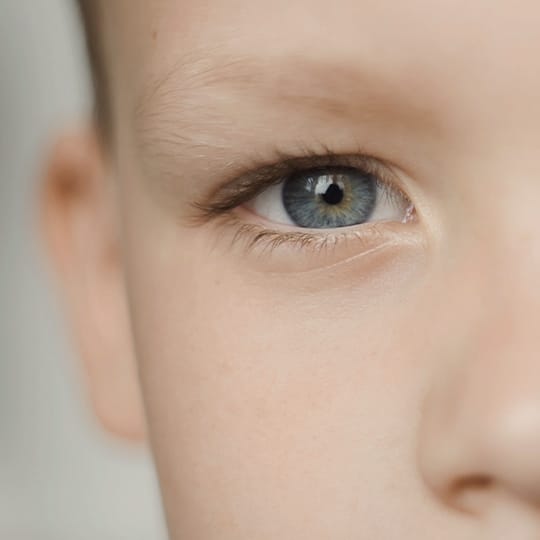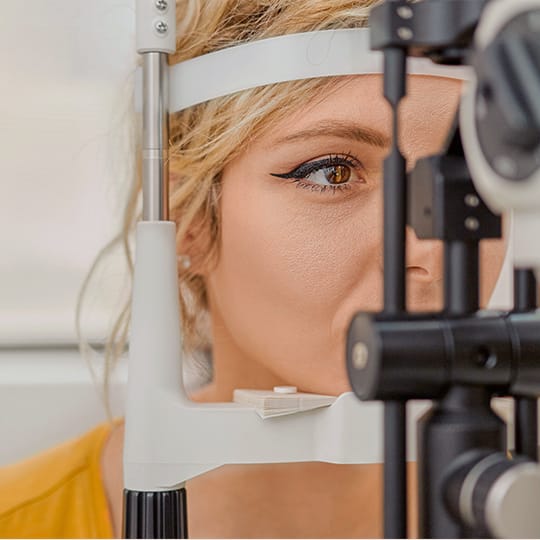Explore Laser Eye Surgery
If you’re looking for a vision correction option but aren’t interested in glasses and contacts, you may benefit from laser eye surgery.
Refractive errors like myopia (nearsightedness), hyperopia (farsightedness), and astigmatism can all be corrected with laser eye surgery. There are limitations and qualifications to be considered, though. Discuss your options with our optometrists.
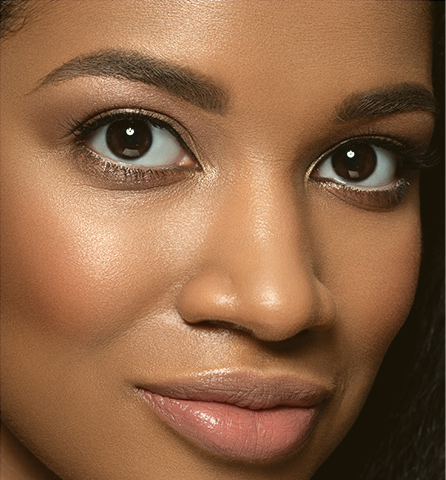

LASIK for Clear Vision
Consultation
Visit us for a comprehensive eye exam where we can check the health of your eyes. The most common laser eye surgery performed is laser-assisted in situ keratomileusis (LASIK). To have LASIK, you need to meet certain eye health markers, such as:
- A stable prescription
- Healthy corneas
- Being over 18 (but ideally over 21)
- Good overall health
- No serious history of eye infections
- No severe dry eyes
- No keratoconus or advanced glaucoma
If LASIK isn’t the right laser eye surgery for you, we can explore other options like wavefront-LASIK surgery or photorefractive keratectomy (PRK).
If you’re a good candidate, you can book your procedure with a LASIK clinic. They will give you specific instructions for preparing for your surgery, like refraining from wearing contact lenses for several weeks and arranging transportation to and from the clinic.
The Procedure
LASIK is generally a quick procedure. Your eyes will be numbed with drops, and you may be given medication to help you relax.
The surgeon will place a suction ring that holds your eye open, then cut a hinged flap to access the part of the cornea that needs reshaping.
The laser used to reshape the cornea is programmed for your eyes. If you need both eyes done, it will usually happen at the same appointment.
Follow-Up
Following LASIK, your eyes may feel scratchy or gritty for a day or 2. You’ll be asked to rest them and wear an eye shield at night to help them heal, and you may be given medicated drops.
Plan to visit your optometrist a few days after the surgery, then regularly for follow-up.
It generally takes 2 to 3 months for your vision to fully stabilize, but you will be able to see right away. 8 out of 10 people no longer need corrective lenses for most activities following LASIK.
Laser Eye Surgery Risks
No surgery is without risk. Some of the risks of LASIK include:
- Eye pain or discomfort
- Hazy, foggy or blurry vision
- Scratchy eye
- Glare
- Halos (rings) or starbursts around lights
- Sensitivity to light
- Small pink or red patches of blood on the white of the eye that go away over time
Every attempt is made to avoid these side effects by ensuring you’re a good candidate for LASIK. Many post-surgical symptoms will ease over time. If you’re concerned about the potential risks, please discuss them with your eye doctor and ask questions. We can find the right corrective option for you.
Serving Calgarians at 3 locations
Calgary Downtown
- 403-264-2639
- 403-264-2872
- dt@calgaryoptometry.com
- Suite 110, 840 7 Avenue SW
- Calgary, Alberta T2P 3G2
Office Hours
- Monday: 8:00 AM – 4:30 PM
- Tuesday: 8:00 AM – 4:30 PM
- Wednesday: 8:00 AM – 4:30 PM
- Thursday: 8:00 AM – 4:30 PM
- Friday: 8:00 AM – 4:30 PM
- Saturday: Closed
- Sunday: Closed
Lake Bonavista
- 403-278-8851
- 403-271-5139
- bv@calgaryoptometry.com
- #630, 12100 Macleod Trail SE
- Calgary, Alberta T2J 7G9
*The office is closed between 12:00 pm and 1:00 pm Mondays to Fridays.
Office Hours
- Monday: 8:30 AM – 5:00 PM
- Tuesday: 8:30 AM – 5:00 PM
- Wednesday: 8:30 AM – 5:00 PM
- Thursday: 8:30 AM – 7:00 PM
- Friday: 8:30 AM – 5:00 PM
- Saturday: 8:00 AM – 2:00 PM
- Sunday: Closed
Huntington Hills
- 403-274-5234
- 403-274-1674
- hh@calgaryoptometry.com
- 6530 4 Street NE
- Calgary , Alberta T2K 6H2
*The office is closed between 12:00 pm and 1:00 pm Mondays to Fridays.
Office Hours
- Monday: 8:30 AM – 5:00 PM
- Tuesday: 8:30 AM – 7:00 PM
- Wednesday: 8:30 AM – 5:00 PM
- Thursday: 8:30 AM – 5:00 PM
- Friday: 8:30 AM – 5:00 PM
- Saturday: 8:00 AM – 2:00 PM
- Sunday: Closed

EXPLORE OUR SERVICES
Our Brands
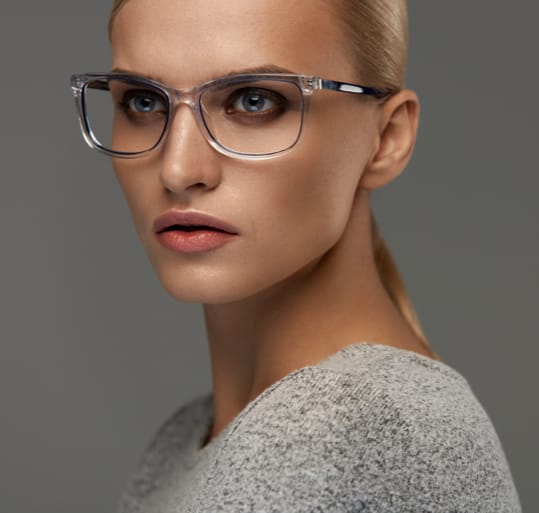
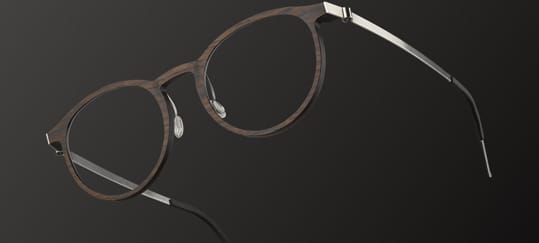






Our Google Reviews


Our Blog
Winter Eye Care: Dealing with Calgary’s Dry Indoor Air
Dry EyeYou step inside from Calgary’s frigid winter air, and within minutes your eyes start feeling scratchy and irritated. The warm indoor heat that protects you from the cold also strips moisture from the air, and from your eyes. Calgary Optometry Centre sees many families dealing with this seasonal challenge, especially as Calgary’s winter months create […]
Can Myopia Be Reversed?
Eye ConditionsYou’ve noticed your child squinting at the TV or holding books closer to their face. Maybe they’ve complained about not being able to see the board at school clearly. As a parent, you naturally wonder if there’s a way to fix this vision problem permanently. Calgary Optometry Centre understands these concerns and helps families navigate […]
What Is IPL Treatment for Dry Eyes?
Dry EyeIf you’ve been dealing with scratchy, burning eyes that make daily activities uncomfortable, you’re not alone. Many families struggle with dry eye symptoms that can affect everything from reading bedtime stories to driving safely at night. Understanding what causes dry eye can help you explore effective treatment options, and scheduling how long does an eye […]
Winter Eye Care: Dealing with Calgary’s Dry Indoor Air

You step inside from Calgary’s frigid winter air, and within minutes your eyes start feeling scratchy and irritated. The warm indoor heat that protects you from the cold also strips moisture from the air, and from your eyes. Calgary Optometry Centre sees many families dealing with this seasonal challenge, especially as Calgary’s winter months create […]
Can Myopia Be Reversed?

You’ve noticed your child squinting at the TV or holding books closer to their face. Maybe they’ve complained about not being able to see the board at school clearly. As a parent, you naturally wonder if there’s a way to fix this vision problem permanently. Calgary Optometry Centre understands these concerns and helps families navigate […]
What Is IPL Treatment for Dry Eyes?

If you’ve been dealing with scratchy, burning eyes that make daily activities uncomfortable, you’re not alone. Many families struggle with dry eye symptoms that can affect everything from reading bedtime stories to driving safely at night. Understanding what causes dry eye can help you explore effective treatment options, and scheduling how long does an eye […]



